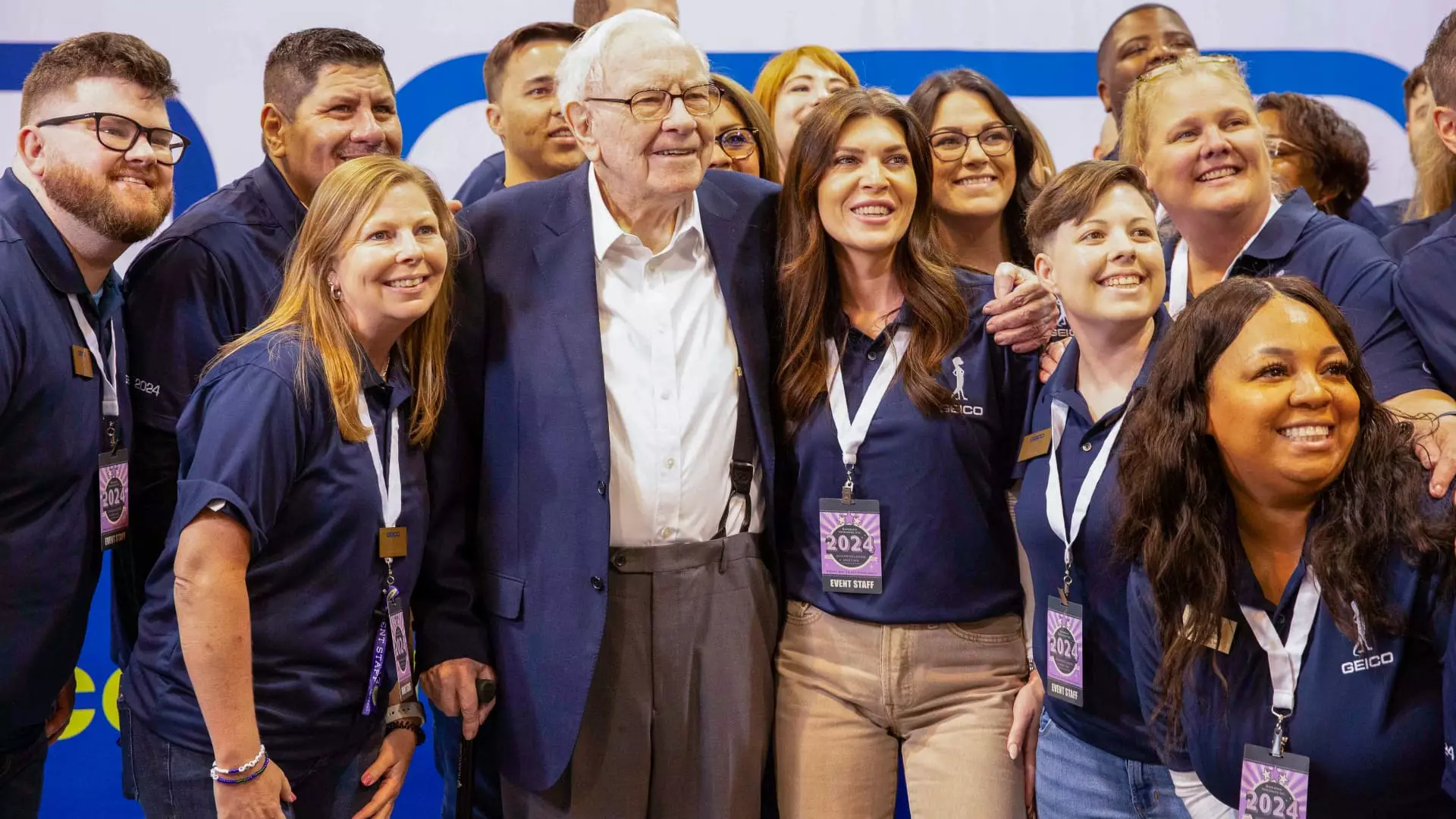Warren Buffett, one of the most successful investors of all time, celebrated his 94th birthday with Berkshire Hathaway reaching a $1 trillion market capitalization for the first time. Howard Marks, a close friend of Buffett’s, attributes his unparalleled success to a combination of well-thought-out strategy, discipline, consistency, and unusual insight. Marks emphasizes that without the unique insight, Buffett would not have achieved the title of the greatest investor in history. Buffett’s ability to compound high rates of returns over several decades without interruption has been a key factor in his success.
In the 1960s, Buffett took a risk by investing in a failing textile company called Berkshire Hathaway. Today, the company has transformed into a diversified conglomerate with holdings in various industries, including insurance, railroads, and equities. Buffett’s strategic investments over the years, such as his bet on Coca-Cola and timely investments in companies like Goldman Sachs and Apple, have solidified his reputation as a shrewd investor with a keen eye for value. Despite his success, Buffett remains patient and steadfast in his investment approach, always focusing on the long-term growth potential of his holdings.
Buffett’s investment philosophy is heavily influenced by his mentor, Benjamin Graham, whom he studied under at Columbia University. Like Graham, Buffett advises investors to view their stock holdings as ownership stakes in businesses rather than mere pieces of paper. Buffett’s emphasis on value investing and his ability to capitalize on market volatility have been key components of his investment strategy. He believes that market timing and macro forecasting are irrelevant compared to the intrinsic value of a business.
Although Buffett remains the chairman and CEO of Berkshire Hathaway, he has designated Greg Abel as his successor to lead the company’s non-insurance operations. Abel, who will be responsible for making investment decisions after Buffett’s retirement, shares Buffett’s value-driven approach to investing. Buffett’s emphasis on sticking to one’s circle of competence and avoiding market timing continues to shape the investment decisions of those who follow his philosophy.
Legacy and Inspiration
Buffett’s legacy extends beyond his investment success, as he has inspired a new generation of investors to adopt his principles. Howard Marks, a prominent investor in his own right, credits Buffett for motivating him to write his book, “The Most Important Thing: Uncommon Sense for the Thoughtful Investor,” ahead of schedule. Marks, known for his contrarian voice in the investing world, values Buffett’s encouragement and insights. Buffett’s passion for investing and his ability to find joy in his work even in his 90s serve as an inspiration to those who aim to achieve long-term success in the financial markets.
Warren Buffett’s timeless wisdom and proven track record offer valuable lessons for both seasoned investors and newcomers to the world of finance. By focusing on discipline, consistency, and the power of insight, investors can emulate Buffett’s success and build wealth over the long term. As the “Oracle of Omaha” continues to skip to work with gusto and joy, his enduring legacy serves as a beacon of hope for all those who seek to navigate the complexities of the financial markets with wisdom and resilience.

